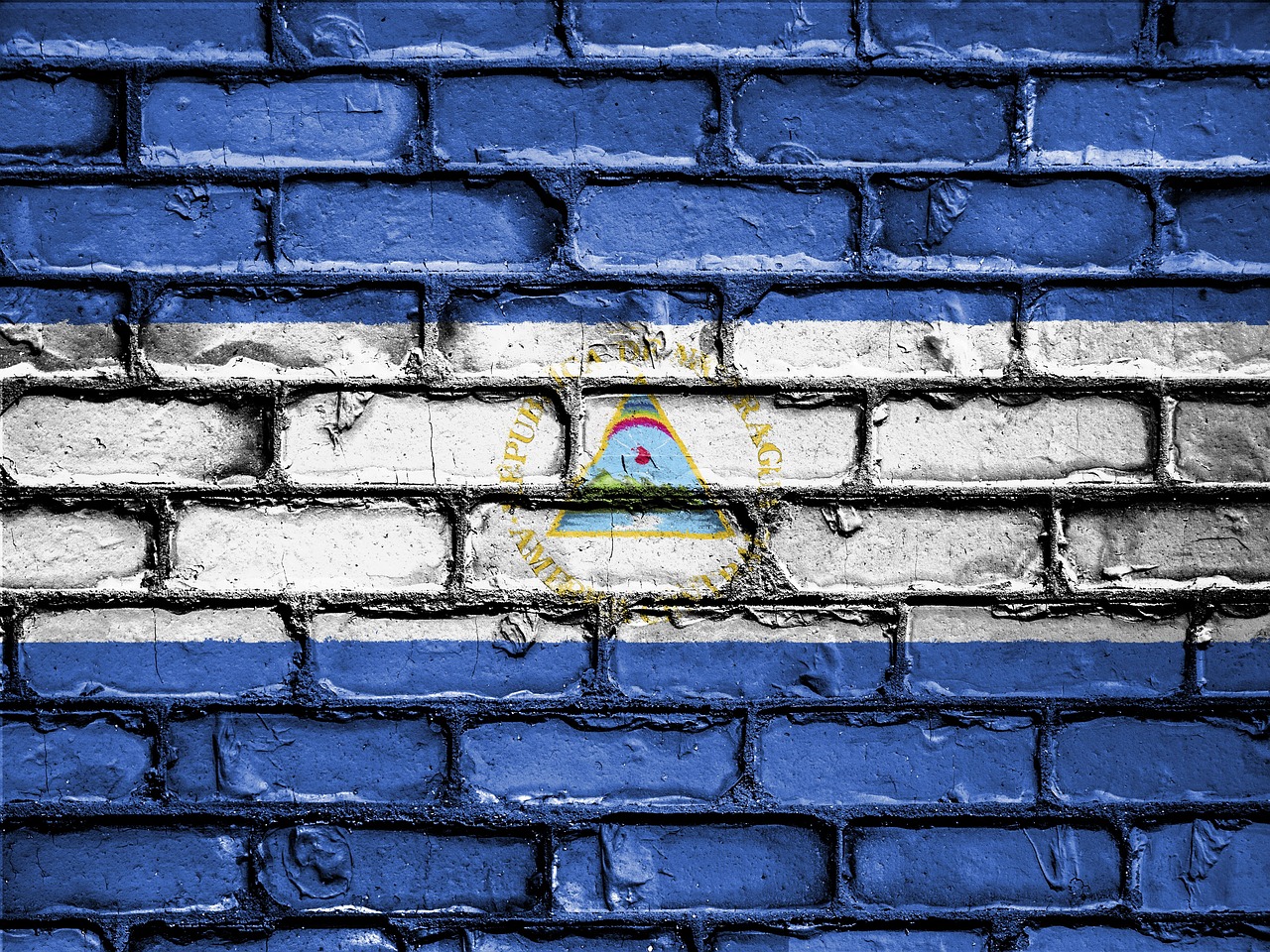Nicaragua Video
Adapting to Nicaragua Time Zones: Managing Remote Client Meetings
In our increasingly connected world, remote work has become more prevalent than ever. With teams spread across different time zones, it’s crucial to effectively manage remote client meetings. This article will provide you with valuable insights and strategies to adapt to Nicaragua time zones and ensure successful remote client meetings.
Understanding Nicaragua Time Zones
Nicaragua follows Central Standard Time (CST) throughout the year. However, it does not observe Daylight Saving Time, unlike many other countries. It’s important to be aware of the time difference between Nicaragua and your clients to avoid scheduling conflicts and ensure effective communication.
- Time Difference: Nicaragua is typically 6 hours behind Coordinated Universal Time (UTC-6).
- Consistency: Unlike regions that observe Daylight Saving Time, Nicaragua’s time remains consistent throughout the year.
- Time Conversion: Use reliable online tools or smartphone applications to convert time accurately between Nicaragua and your client’s time zone.
1. Plan Ahead
Planning ahead is crucial to ensure remote client meetings go smoothly. Take into account the time difference between Nicaragua and your clients and schedule meetings that are convenient for all parties involved.
- Time Zone Compatibility: Identify overlapping working hours between Nicaragua and your clients’ time zones to find the most suitable meeting times.
- Shared Calendars: Utilize shared calendars or scheduling tools to coordinate meeting times and avoid conflicts.
- Consider Flexibility: Be open to adjusting your working hours occasionally to accommodate clients in different time zones.
2. Effective Communication
Clear and effective communication is key to successful remote client meetings. Keep the following points in mind to ensure your messages are understood and conflicts are minimized.
- Time Zone Awareness: Clearly communicate the time zone you are in when scheduling meetings to avoid any confusion.
- Meeting Reminders: Send timely meeting reminders, specifying the time in both Nicaragua time and your clients’ local time.
- Confirm Availability: Prior to the meeting, confirm that all participants are available at the scheduled time.
3. Utilize Technology
Leverage technology tools to enhance remote client meetings and bridge the geographical gap. There are several options available to facilitate seamless communication and collaboration.
- Video Conferencing: Platforms like Zoom, Microsoft Teams, or Google Meet allow face-to-face interaction, screen sharing, and real-time collaboration.
- Project Management Tools: Utilize project management tools like Trello or Asana to track progress, assign tasks, and communicate updates.
- Instant Messaging: Applications like Slack or Microsoft Teams enable quick and efficient communication within teams.
Nicaragua Image 1:

4. Respect Cultural Differences
When working with clients from different cultures, it’s essential to be mindful of cultural differences, including communication styles and business etiquette.
- Research Cultural Norms: Familiarize yourself with the cultural norms and business practices of your clients to ensure respectful and effective communication.
- Adapt Communication Style: Tailor your communication style to match the preferences of your clients, considering factors such as directness or indirectness.
- Be Patient: Allow for extra time during meetings to account for potential language barriers or different communication paces.
5. Efficient Meeting Management
To make the most of remote client meetings, implement effective meeting management strategies that keep everyone engaged and focused.
- Create Agendas: Share meeting agendas in advance to provide structure and ensure all necessary topics are covered.
- Encourage Participation: Foster an inclusive environment where all participants feel comfortable contributing to the discussion.
- Assign Action Items: Clearly define action items and assign responsibilities to ensure follow-up and accountability.
Nicaragua Image 2:

6. Consider Time Zone Fatigue
Remote work often means dealing with clients in various time zones, which can lead to time zone fatigue. Mitigate the negative effects by implementing strategies that prioritize work-life balance.
- Flexible Schedules: Encourage flexible working hours to accommodate personal needs and reduce the impact of time zone differences.
- Alternate Meeting Times: Rotate meeting times to distribute the burden of early or late meetings among team members.
- Respect Personal Time: Avoid scheduling meetings during non-working hours to ensure everyone has time for rest and relaxation.
7. Effective Documentation
Documentation plays a crucial role in remote client meetings, as it helps maintain clarity, accountability, and reference points for future discussions.
- Meeting Minutes: Assign someone to take detailed meeting minutes, capturing key decisions, action items, and deadlines.
- Shared Document Repositories: Use cloud-based platforms like Google Drive or Dropbox to store and share important documents.
- Version Control: Maintain clear version control to avoid confusion and ensure everyone is working with the latest documents.
Nicaragua Image 3:

8. Building Rapport
Building rapport with remote clients is essential for fostering strong professional relationships. Take proactive steps to establish trust and connection.
- Virtual Icebreakers: Incorporate icebreaker activities at the beginning of meetings to create a friendly and relaxed atmosphere.
- Small Talk: Engage in casual conversations to show genuine interest and build personal connections with your clients.
- Follow-up Communication: Maintain regular communication outside of meetings to stay connected and updated on each other’s progress.
9. Cultural Sensitivity
Cultural sensitivity is crucial when working with clients from different backgrounds. Be mindful of cultural nuances to avoid misunderstandings and promote inclusivity.
- Language Considerations: Be patient and understanding if English is not your client’s first language, and be prepared to clarify or rephrase information if needed.
- Respectful Gestures: Familiarize yourself with appropriate gestures and customs to avoid unintentionally causing offense.
- Acceptance and Openness: Embrace diversity and strive to create an inclusive environment that values different perspectives.
10. Efficient Follow-up
Follow-up actions are crucial to ensure that the outcomes of remote client meetings are implemented effectively. Implement these strategies to facilitate efficient follow-up.
- Timely Summaries: Send meeting summaries promptly, highlighting key decisions, action items, and deadlines.
- Clear Expectations: Clearly communicate expectations and deadlines to ensure everyone is aligned on next steps.
- Regular Check-ins: Schedule regular check-ins to provide updates, address any concerns, and ensure progress is being made.
11. Cultural Awareness
Developing cultural awareness is essential when working with clients from different regions. Educate yourself to understand the nuances of your clients’ cultures.
- Research and Learn: Invest time in learning about your clients’ cultures, traditions, and business practices to foster understanding and respect.
- Ask for Clarification: If you are unsure about any cultural aspect, don’t hesitate to ask your clients for clarification to avoid misunderstandings.
- Adapt and Adjust: Be open to adapting your approach and communication style to align with cultural expectations.
12. Conclusion
Adapting to Nicaragua time zones and effectively managing remote client meetings requires careful planning, clear communication, and cultural sensitivity. By implementing the strategies outlined in this article, you can ensure productive and successful interactions with your clients, regardless of the geographical distances that separate you.
References
– timeanddate.com
– zoom.us
– microsoft.com/teams
– meet.google.com
– trello.com
– asana.com
– slack.com
– drive.google.com
– dropbox.com


